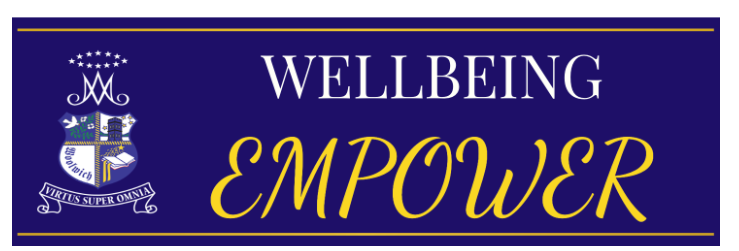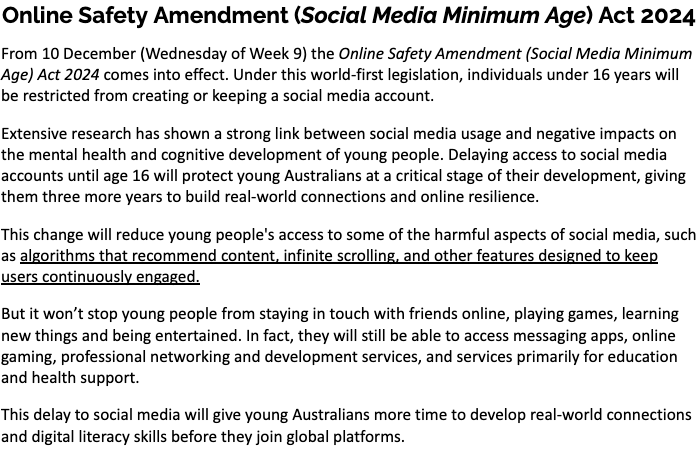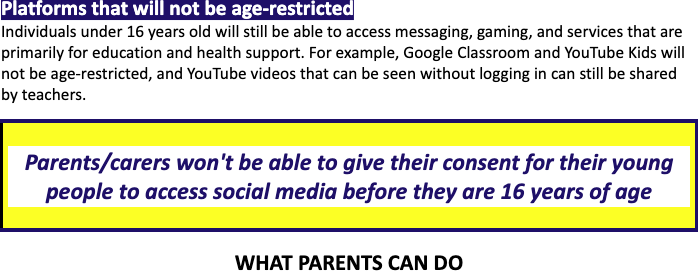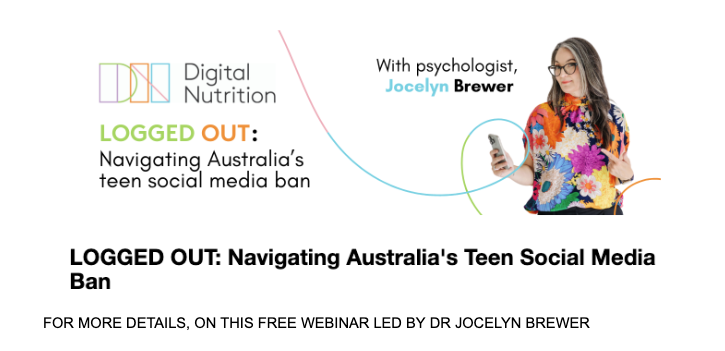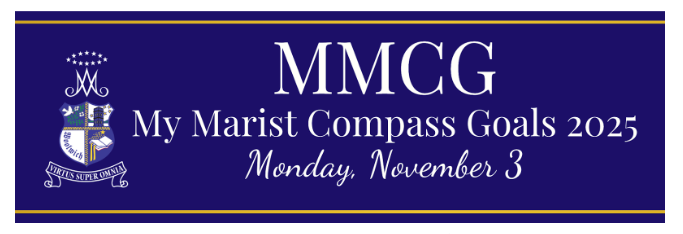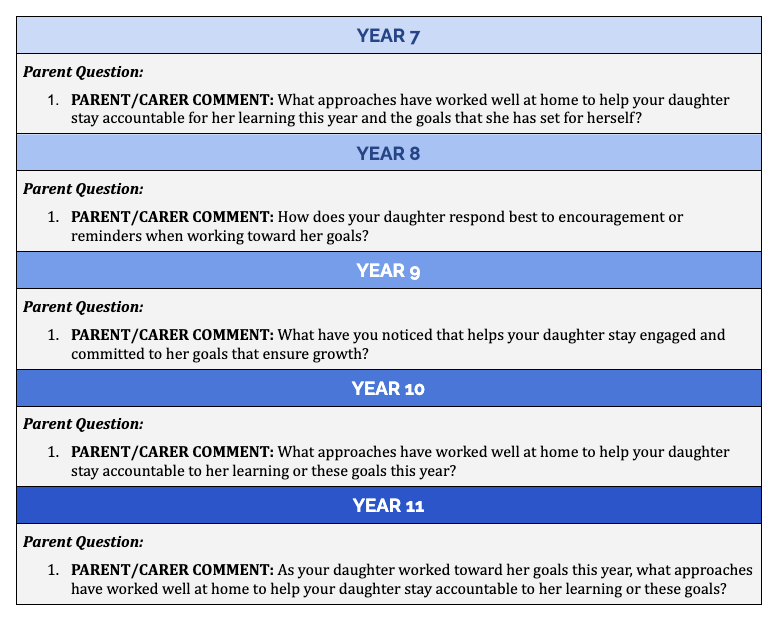
From the Leader of Wellbeing
For more information and tips for helping under-16s prepare for the change, visit the eSafety
- Find the latest list here.
Have a conversation about the social media minimum age with your young person. Ask your young person what they think and feel about its benefits and impacts. There are helpful conversation guides on the Headspace website. Headspace: The social media ban: 7 tips for starting the conversation with a young person
Include conversations about possible replacement activities.
- Encourage your young person to connect with friends and family in other ways, such as in-person or via online games or messaging services.
- Let your young person know they can download data, photos, and videos from their social media accounts by following the instructions provided by the major platforms, or they can find links on the eSafety website.
- Go through the eSafety’s Social media age restrictions: Get-ready guide for under-16s with your young person.
- Visit this eSafety page, which details answers to frequently asked questions, how to manage conflict about the change, tools to help you work through it together as a family and links to helpful resources.
No matter how old a student is, if they have a harmful experience online, they should reach out for support – even if they are under 16 and it happens on an age-restricted social media platform. eSafety’s ‘I need help’ page for young people has more detailed information and guidance on what they can do if something goes wrong online.
If a young person needs help dealing with the change, they can contact:
- eheadspace: 1800 650 890 or eheadspace.org.au
- Kids Helpline: 1800 55 1800 or kidshelpline.com.au
- ReachOut: au.reachout.com
- 13YARN: 13 92 76 or 13yarn.org.au
Parents can also contact Parentline for support with this and other parenting questions:
- Parentline: 1300 1300 52
Digital Nutrition Website: Digital Nutrition™ – Be well connected! Optimise your digital wellbeing
Registration: LINK TO REGISTRATION
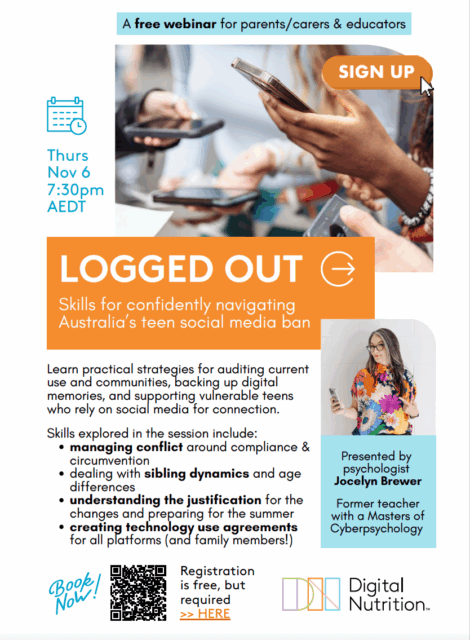
On Monday, November 3, students will use evidence to identify where they have embraced opportunities, consciously moved beyond their comfort zone and as a consequence grown throughout the year, to demonstrate their accumulated growth in specific areas they identified in the goals they set for 2025.
With the support of their parents/family, and the school community, especially their Tutor Teacher. Whilst students review their 2025 goals, areas they need to develop to evolve into more responsible, respectful, courageous, and autonomous learners will emerge. These will become the base of their My Marist Compass Goals in 2026.
Students will reflect by responding to questions they can access through Insights on Compass. Parents are also required to respond to a question in Insights on Compass. This question will vary based on the year their daughter is in. An outline of questions for parents/carers is located in the table below. This document has the questions that students are required to respond to:2025 My Marist Compass Goals Semester 2 Compass Insight Questions.pdf
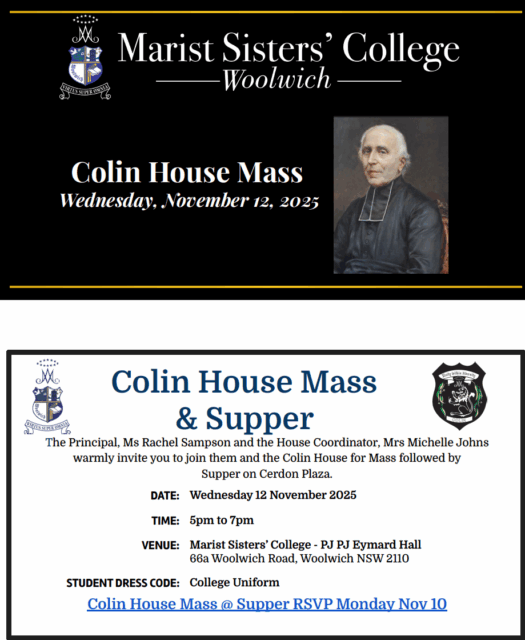
RSVP LINK:
Colin House Mass @ Supper RSVP Monday, Nov 10
